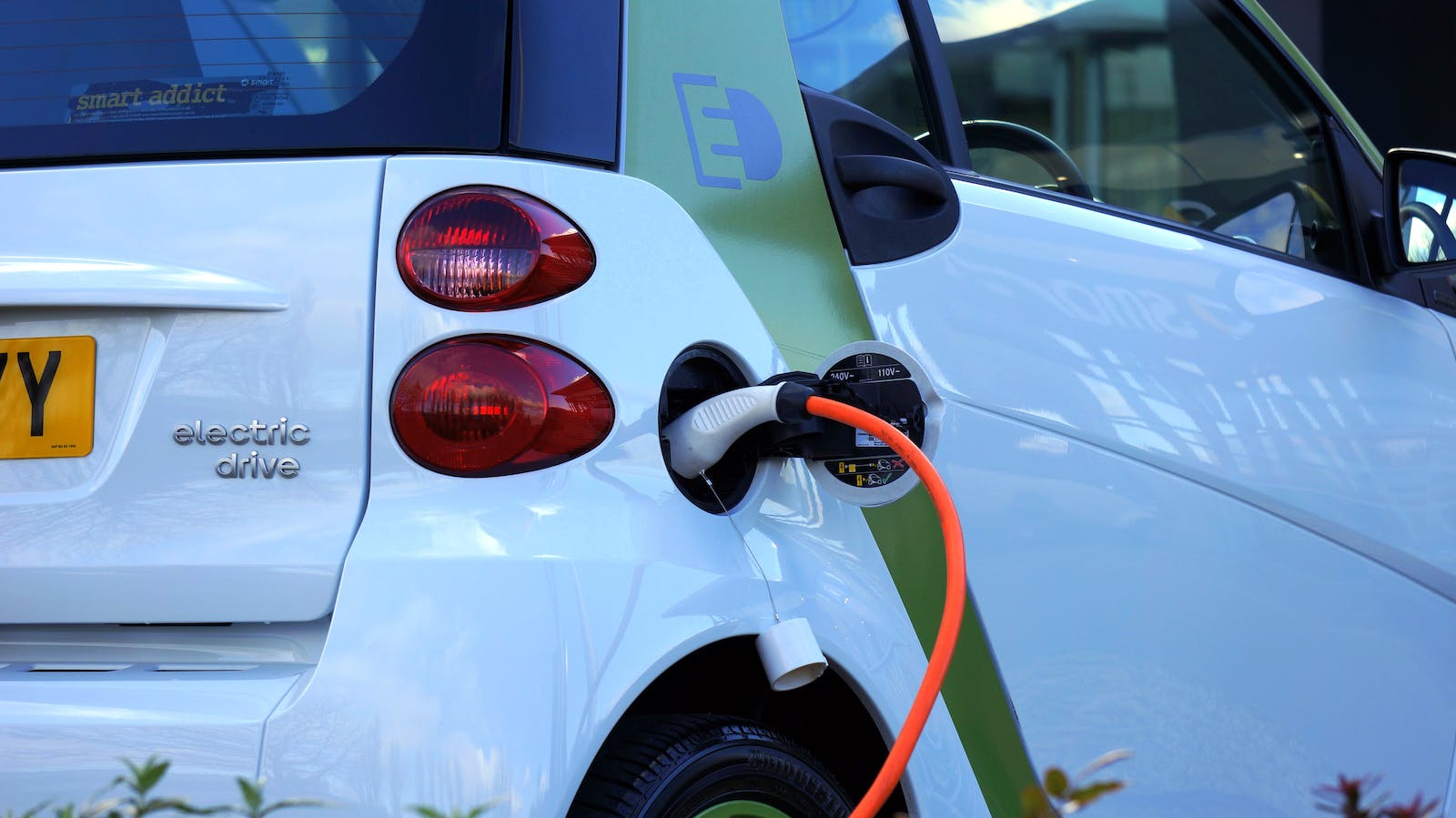Introduction to The Future of Electric Cars
Electric cars have come a long way since their humble beginnings, and the future looks even more promising.
Improved Battery Performance
One of the primary factors driving the adoption of electric cars is the continuous improvement in battery technology. Over the years, we have witnessed significant advancements in battery performance, including increased energy density, longer driving ranges, and faster charging capabilities. Manufacturers are investing heavily in research and development to overcome the limitations of current battery technology, such as limited range and charging times. The development of solid-state batteries and other breakthroughs hold the promise of even more significant improvements in the near future.
Faster Charging Infrastructure
Charging infrastructure plays a vital role in the widespread adoption of electric cars. To address range anxiety and make EV charging more convenient, charging speeds need to match or surpass the refueling time of conventional gasoline vehicles. Moreover, advancements in wireless charging technology are also underway, offering the potential for seamless and effortless charging experiences.
Autonomous Driving Features
The integration of autonomous driving features is another area where electric cars are making significant strides. With advancements in artificial intelligence and sensor technology, electric cars are becoming increasingly capable of driving themselves. These features not only enhance safety but also provide convenience and efficiency. Electric car manufacturers are actively working on developing advanced driver-assistance systems (ADAS) and autonomous driving capabilities, paving the way for a future where cars can navigate complex road conditions and traffic scenarios with minimal human intervention.
Vehicle-to-Grid (V2G) Technology
Vehicle-to-grid (V2G) technology allows electric cars to not only consume electricity but also supply power back to the grid. This innovative concept has the potential to create a symbiotic relationship between electric cars and the energy grid. During peak demand periods, EVs can feed surplus energy stored in their batteries back into the grid, helping to stabilize the electricity supply. V2G technology can also enable owners to monetize their car’s battery capacity by participating in energy markets, making electric cars even more economically attractive.
Integration with Renewable Energy Sources
As the world moves towards a greener future, the integration of electric cars with renewable energy sources is becoming increasingly important. By leveraging renewable energy, such as solar and wind power, electric cars can operate with significantly reduced carbon footprints. The development of smart charging systems that optimize charging times based on renewable energy availability is a crucial step in this direction. Additionally, bidirectional charging systems can facilitate the utilization of electric car batteries to store surplus renewable energy, further enhancing the sustainability of both transportation and energy sectors.
Conclusion
The future of electric cars is bright, with rapid advancements and innovations transforming the landscape of the automotive industry. Improved battery performance, faster charging infrastructure, autonomous driving features, V2G technology, and integration with renewable energy sources are just a few areas that are propelling electric cars into the mainstream. With each breakthrough, the barriers to electric car adoption are being shattered, paving the way for a cleaner, greener, and more sustainable future of transportation. As these advancements continue to unfold, it’s an exciting time to be part of the electric car revolution.


